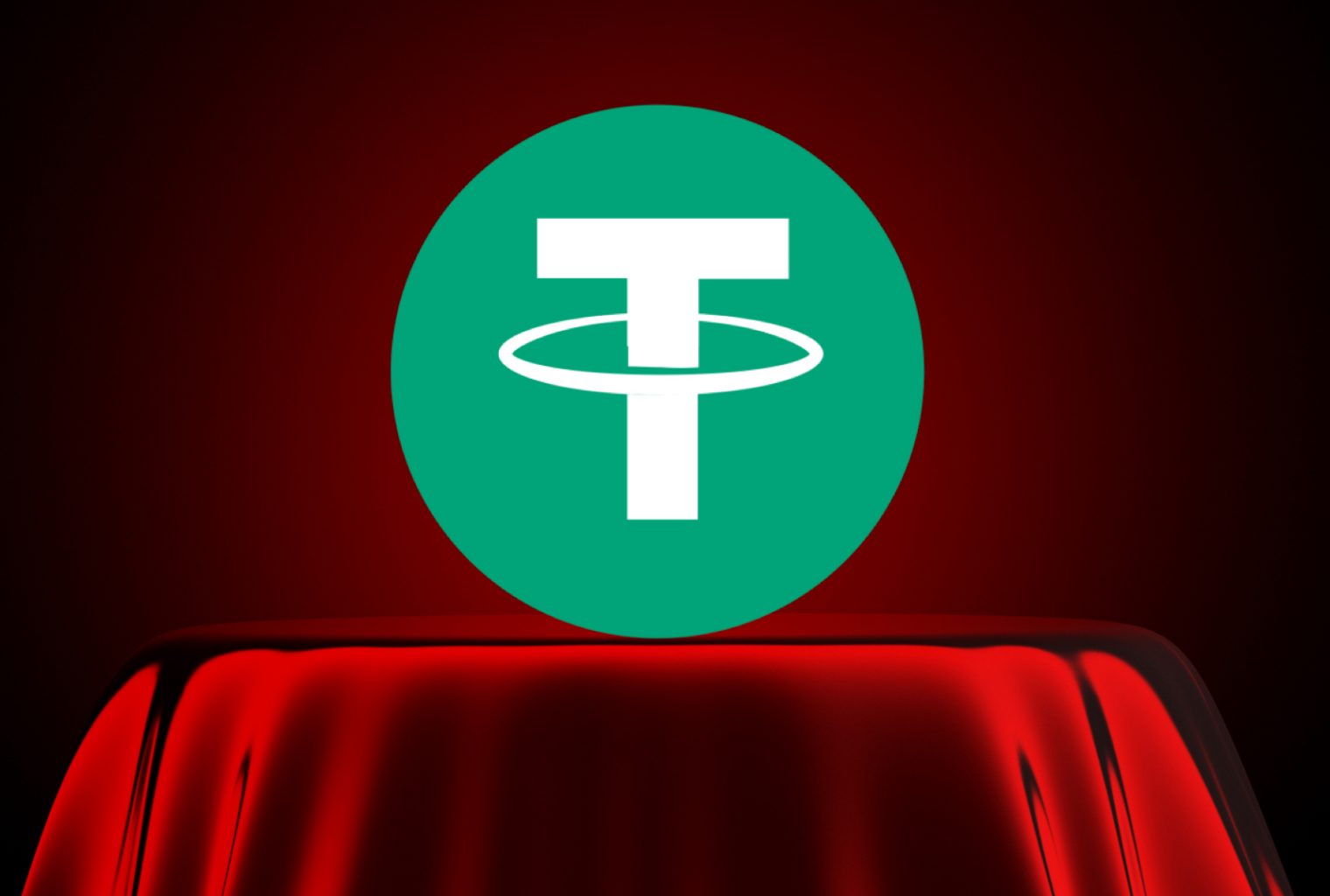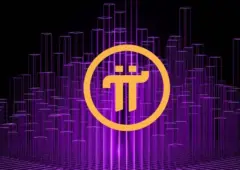Tether Partners with Guinea to Drive Blockchain Innovation and Education
19.02.2025 9:00 2 min. read Alexander Stefanov
Tether has recently entered into a strategic agreement with Guinea to explore blockchain and peer-to-peer technology.
This collaboration, detailed in a memorandum of understanding (MOU), aims to lay the foundation for the nation’s adoption of blockchain while encouraging technological progress.
The initiative is centered around sharing knowledge and fostering innovation, focusing on areas like education and sustainable technological practices. Tether, known for issuing the leading stablecoin by market value, has previously pursued similar efforts, such as its agreement with Uzbekistan in 2022 to promote blockchain education and tokenization.
A significant aspect of this partnership is the emphasis on educational programs designed to develop blockchain expertise in both public and private sectors. Tether’s goal is to cultivate local talent, raising awareness and equipping the workforce with essential digital skills. CEO Paolo Ardoino highlighted that the project will foster economic growth, positioning Guinea as a technological leader in Africa.
Guinea’s government, led by interim president Mamady Doumbouya, is keen on preparing its younger population for the challenges and opportunities of the digital era. One of the key focuses of this partnership is the country’s “Innovation City” project, which will serve as a hub for tech companies and research initiatives.
The growing interest in crypto and blockchain adoption in Africa is notable, with surveys showing strong engagement in countries like Nigeria and South Africa, where cryptocurrency ownership is on the rise.
-
1
MetaMask Expands Beyond Ethereum with Solana Integration
28.05.2025 21:00 1 min. read -
2
Dubai Pilots Tokenized Real Estate, Opening Doors to Retail Property Investment
27.05.2025 13:00 1 min. read -
3
Ethereum Validators Push for Doubling Block Capacity Without a Hard Fork
28.05.2025 12:00 1 min. read -
4
PancakeSwap Unveils Seamless Crosschain Swaps with Game-Changing Upgrade
12.06.2025 13:00 1 min. read -
5
Tether Rolls Out Cross-Chain Gold Token on TON
03.06.2025 22:00 1 min. read
Binance Enters Syrian Market as Sanctions Ease
Crypto giant Binance has expanded its footprint into Syria, taking swift action after recent U.S. and EU policy shifts cleared the path for engagement.
JPMorgan Warns of Oil Slump to $58 as Global Alliances Unravel
JPMorgan has dramatically lowered its oil price forecast for 2026, now expecting crude to fall to $58 per barrel.
PancakeSwap Unveils Seamless Crosschain Swaps with Game-Changing Upgrade
PancakeSwap has rolled out a major upgrade that could reshape how users interact with decentralized finance.
MEXC Sets Up $100M Emergency Fund to Protect Users From Major Security Incidents
Crypto exchange MEXC has launched a $100 million protection reserve to safeguard users in case of platform-level breaches or critical failures, positioning itself as one of the few players in the space offering real-time compensation for technical breakdowns or hacks.
-
1
MetaMask Expands Beyond Ethereum with Solana Integration
28.05.2025 21:00 1 min. read -
2
Dubai Pilots Tokenized Real Estate, Opening Doors to Retail Property Investment
27.05.2025 13:00 1 min. read -
3
Ethereum Validators Push for Doubling Block Capacity Without a Hard Fork
28.05.2025 12:00 1 min. read -
4
PancakeSwap Unveils Seamless Crosschain Swaps with Game-Changing Upgrade
12.06.2025 13:00 1 min. read -
5
Tether Rolls Out Cross-Chain Gold Token on TON
03.06.2025 22:00 1 min. read


